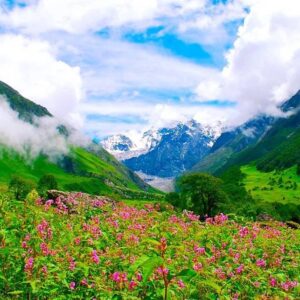The Balancing Act: The Impact of Increasing Global Population on Nature
Nature WorldWide December 20, 2023 0
In a world where the human population is constantly growing, the delicate balance between humans and nature is facing unprecedented challenges. As more individuals inhabit our planet, the strains on natural resources, ecosystems, and biodiversity become increasingly evident. This blog post delves into The Impact of Increasing Global Population on Nature and the urgent need for sustainable solutions.
Contents:
- Resource Depletion
- Loss of Biodiversity
- Climate Change Acceleration
- Urbanization and Habitat Encroachment
- Waste Generation
- Strain on Food Systems
Resource Depletion:

With each additional person, the demand for essential resources such as water, land, and energy escalates. As urbanization expands and consumption patterns evolve, ecosystems are strained to meet the needs of a growing populace. Deforestation, over-extraction of water, and depletion of fertile soils are consequences that threaten the very foundations of our interconnected natural systems.
Read More: Effect Of Climate Change On Earth
Loss of Biodiversity:
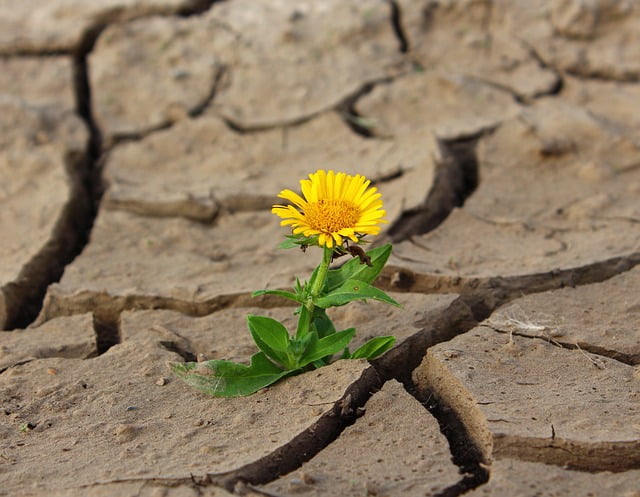
As human activities expand, natural habitats shrink, leading to habitat destruction and fragmentation. This results in the loss of biodiversity as numerous species struggle to adapt or face extinction. The pressure on ecosystems intensifies, and delicate ecological balances are disrupted, impacting the intricate web of life on Earth.
Climate Change Acceleration:
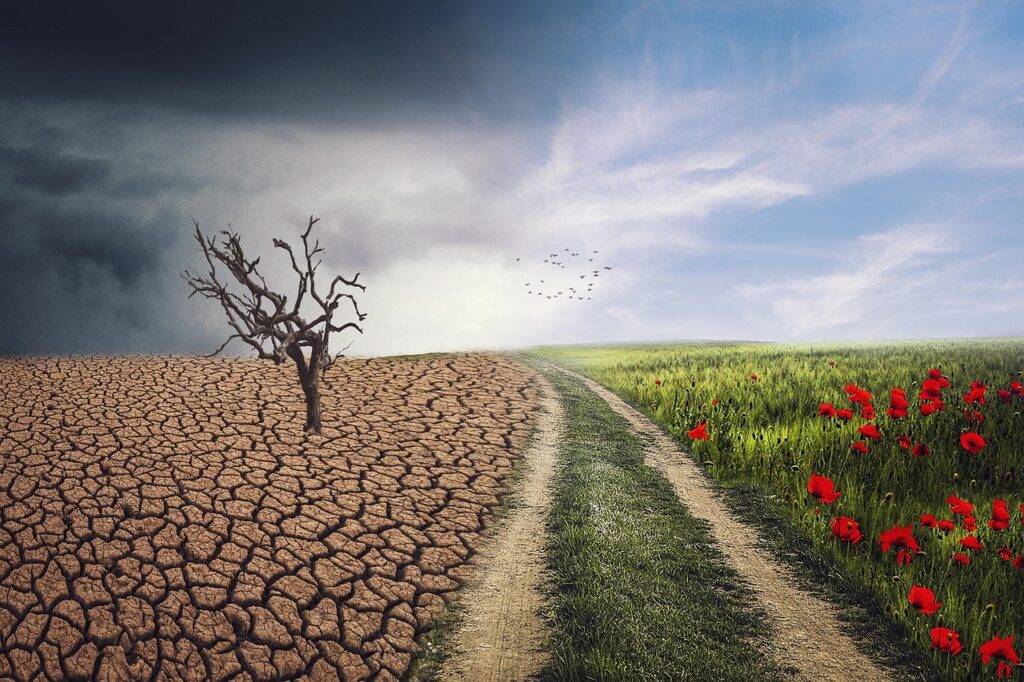
The increasing population contributes significantly to higher greenhouse gas emissions, primarily through activities such as industrial production, transportation, and agriculture. The resultant climate change further exacerbates environmental challenges, leading to rising sea levels, extreme weather events, and altered precipitation patterns that disrupt ecosystems worldwide.
Read More: The Impact of Climate Change on Ecosystems: A Call to Action
Urbanization and Habitat Encroachment:

The global trend of urbanization brings with it the expansion of cities and the encroachment into natural habitats. Urban development affects many species and also increases pollution. Which has a significant impact on air and water quality as well as the overall health of the ecosystem.
Waste Generation:
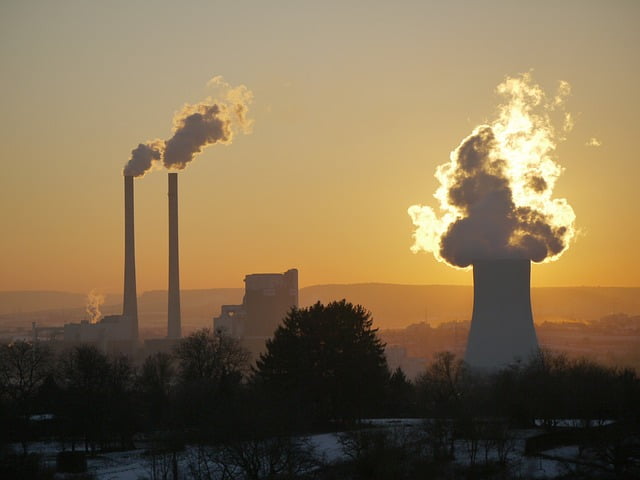
A growing population generates increased amounts of waste, including plastic pollution, electronic waste, and other non-biodegradable materials. Improper disposal of these wastes poses a threat to ecosystems, marine life, and soil quality, perpetuating a cycle of environmental degradation.
Read More: How will climate change affect wildlife?
Strain on Food Systems:
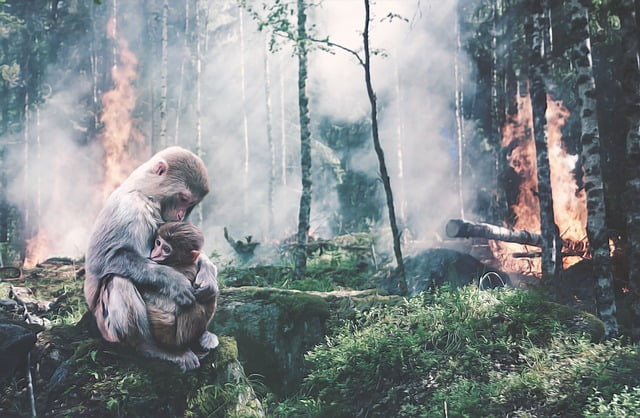
The rising population places immense pressure on agricultural systems to produce more food. This often leads to unsustainable farming practices, deforestation for agricultural expansion, and the use of fertilizers and pesticides that harm ecosystems and compromise soil health.
Conclusion:
As we witness the global population surge, it is crucial to acknowledge the profound impact on our planet’s ecosystems. To ensure a harmonious coexistence between humanity and nature, sustainable practices, conservation efforts, and responsible consumption patterns must be at the forefront of our collective consciousness. By recognizing the challenges posed by overpopulation and actively working towards solutions, we can strive to strike a balance that preserves the beauty and diversity of our natural world for generations to come.
